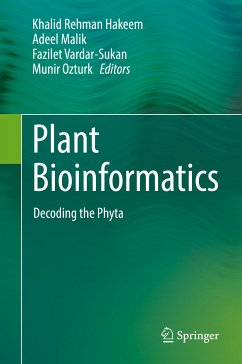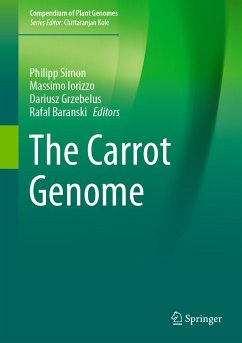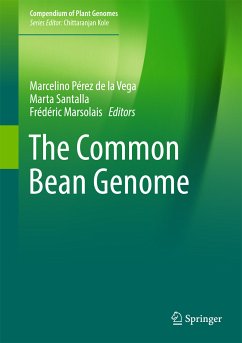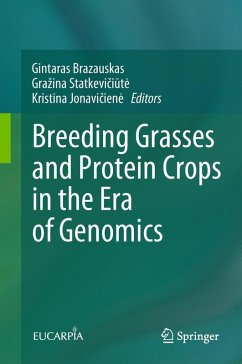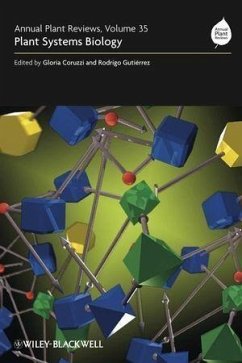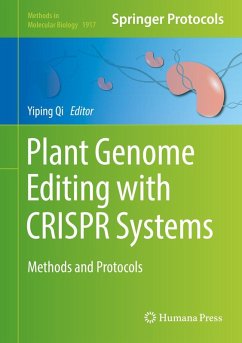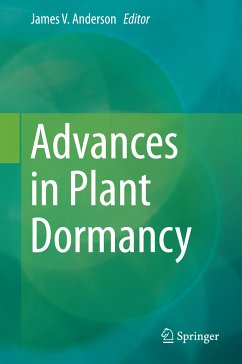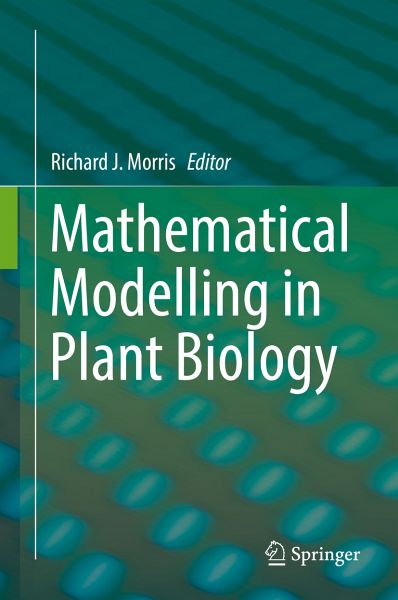
Mathematical Modelling in Plant Biology (eBook, PDF)
Versandkostenfrei!
Sofort per Download lieferbar
112,95 €
inkl. MwSt.
Weitere Ausgaben:

PAYBACK Punkte
56 °P sammeln!
Progress in plant biology relies on the quantification, analysis and mathematical modeling of data over different time and length scales. This book describes common mathematical and computational approaches as well as some carefully chosen case studies that demonstrate the use of these techniques to solve problems at the forefront of plant biology. Each chapter is written by an expert in field with the goal of conveying concepts whilst at the same time providing sufficient background and links to available software for readers to rapidly build their own models and run their own simulations. Th...
Progress in plant biology relies on the quantification, analysis and mathematical modeling of data over different time and length scales. This book describes common mathematical and computational approaches as well as some carefully chosen case studies that demonstrate the use of these techniques to solve problems at the forefront of plant biology. Each chapter is written by an expert in field with the goal of conveying concepts whilst at the same time providing sufficient background and links to available software for readers to rapidly build their own models and run their own simulations. This book is aimed at postgraduate students and researchers working the field of plant systems biology and synthetic biology, but will also be a useful reference for anyone wanting to get into quantitative plant biology.
Dieser Download kann aus rechtlichen Gründen nur mit Rechnungsadresse in A, B, BG, CY, CZ, D, DK, EW, E, FIN, F, GR, HR, H, IRL, I, LT, L, LR, M, NL, PL, P, R, S, SLO, SK ausgeliefert werden.



